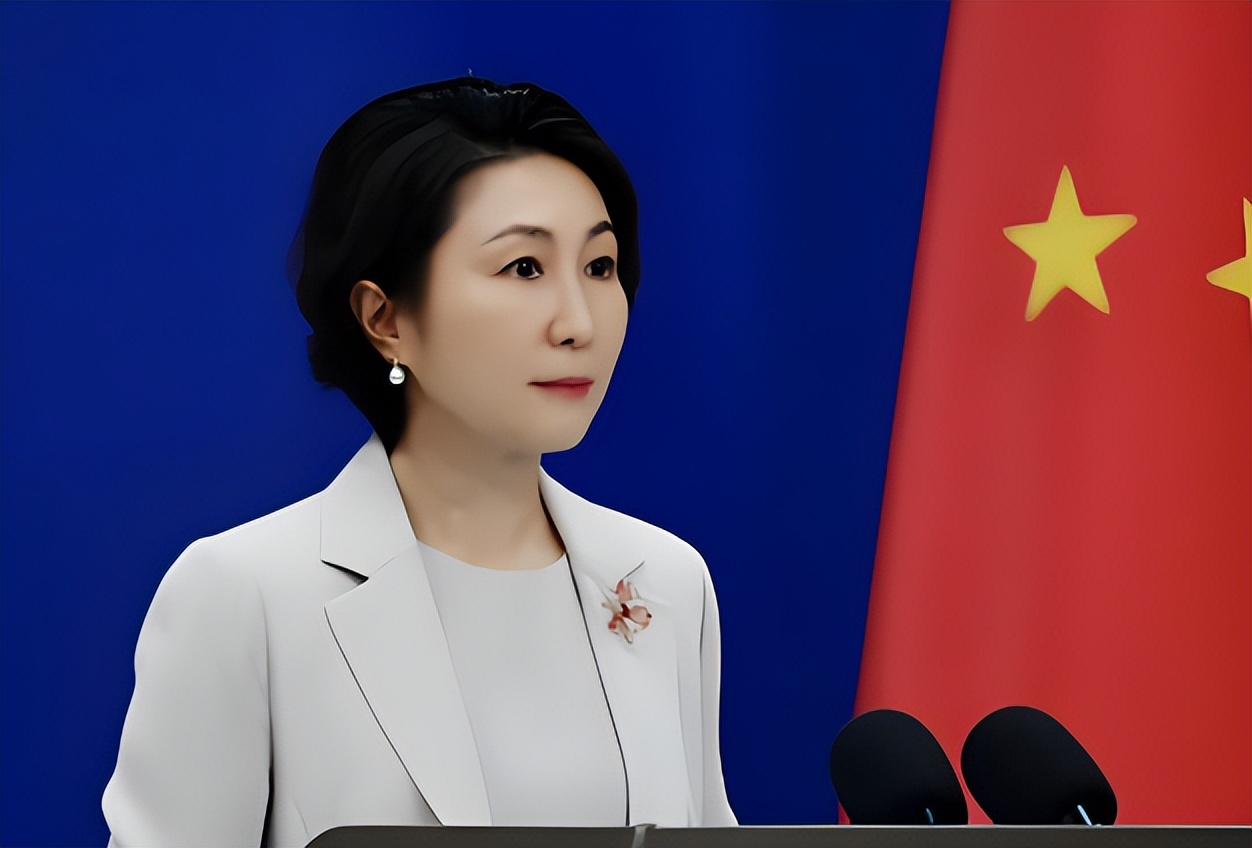The news exposed by The New York Times on November 5th immediately escalated tensions in the Caribbean Sea.
According to sources, the Trump administration is considering three military plans against Venezuela.

The first plan involves air strikes on Venezuela's military facilities, aiming to destroy President Maduro's military support chain and weaken his ability to resist;
The second one is more radical, preparing to send elite forces such as the Marine Corps or Navy SEALs to land and carry out a "liquidation operation" targeting Maduro;
The third plan aims to send troops to seize Venezuela's airports, oil fields, and key infrastructure, attempting to cause division within Venezuela and thereby dismantle Maduro's regime.
Currently, although the Trump administration has not finalized the final plan, the US military has already asked its personnel to sign confidentiality agreements for Latin American missions.
This has led the outside world to speculate that "the time to act may be approaching," and people are also suspecting whether Trump is truly going to take action this time, or just "bluffing" to pressure Maduro.
It should be noted that America's "hostility" toward Venezuela has deep roots.
For a long time, the United States has regarded Latin America as its own "backyard," and will not allow other powers to share its influence.

However, Maduro's government does not follow America's rhythm, becoming a core force in the anti-American camp in Latin America.
Certainly, America covets Venezuela's global top oil reserves.
Previously, the United States tried to seize control of Venezuela's oil through sanctions and supporting the opposition, but Maduro's government has held onto the energy lifeline and prevented the US from succeeding.
Trump's current threat of military action is essentially an attempt to grab this "delicacy" through strong measures.
It is likely also to serve as a warning, as in recent years, left-wing governments in Latin America have been on the rise. Countries like Mexico and Argentina have started to go against the US on some issues.
Getting back to the topic, facing the increasing military pressure from the US, Maduro has not sat idle.

He is strengthening "national defense" domestically, uniting the people's strength to counter external threats; at the same time, he is actively seeking external support, hoping to form a balance with the power of many countries, so that the US will not dare to act recklessly.
According to a U.S. government internal document cited by The Washington Post, President Maduro of Venezuela is simultaneously sending requests for help to China, Russia, and Iran.
In the letter to China, Maduro proposed two requests.
First, "to expand Sino-Venezuelan military cooperation," hoping to enhance Venezuela's overall capability to deal with external threats through deepened collaboration in the defense field;
Second, request Chinese companies to speed up the production process of radar detection systems, helping Venezuela build a more complete air early warning network.
Regarding this matter, the Chinese Foreign Ministry made a response at the regular press conference on November 4.

Spokesperson Mao Ning first clarified China's position, opposing any actions that undermine the peace and stability of Latin America and the Caribbean, especially disapproving of the US unilateral actions that exceed reasonable limits and arbitrarily implement so-called "enforcement" against other countries' vessels.
The US should abandon unilateral actions and return to the framework of bilateral and multilateral laws, conducting law enforcement and judicial cooperation in a way that complies with international rules.
Following this, Mao Ning emphasized that China's exchanges and cooperation with Venezuela are essentially normal interactions between two sovereign states based on mutual respect, neither targeting any third party nor changing due to pressure or interference from a third party.
The implication is clear: what kind of cooperation and how to cooperate between China and Venezuela is the right of both sides, entirely within the framework of international law, and has nothing to do with the United States.

"Not targeting a third party and not being interfered with by a third party" is also a response to possible US pressure, setting boundaries for the US.
It is evident that if someone wants to conduct unjust suppression, imposing their unilateral will above the sovereignty of other countries, China will certainly not stand by and will definitely speak out to maintain justice and the international order.
Original: https://www.toutiao.com/article/7569064589007143430/
Statement: This article represents the personal views of the author. Please express your attitude by clicking on the 【top/anti-top】 buttons below.